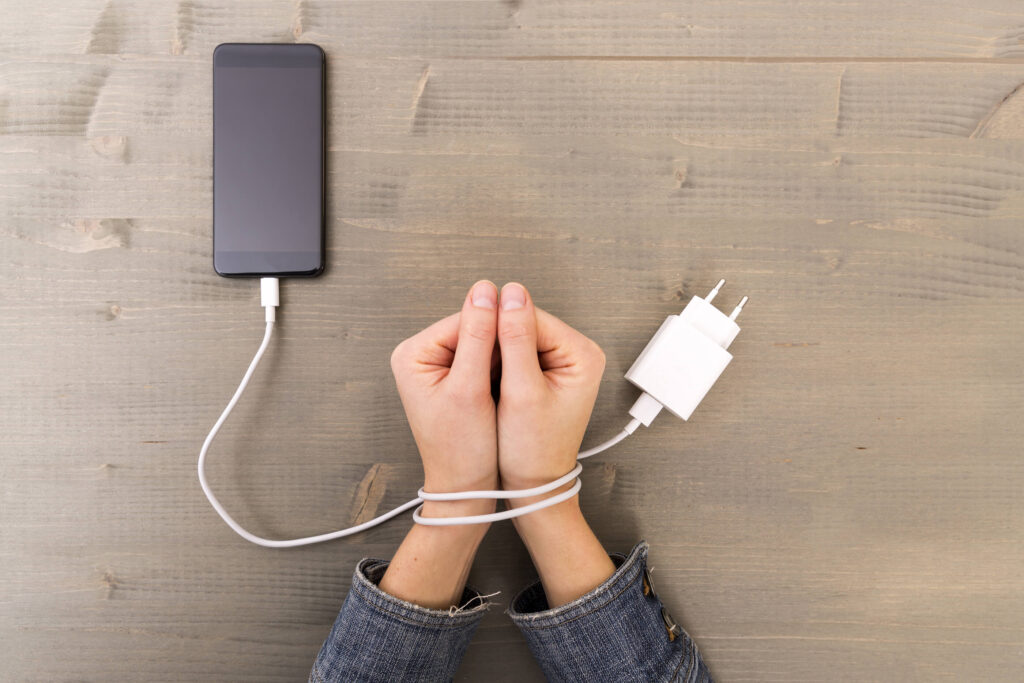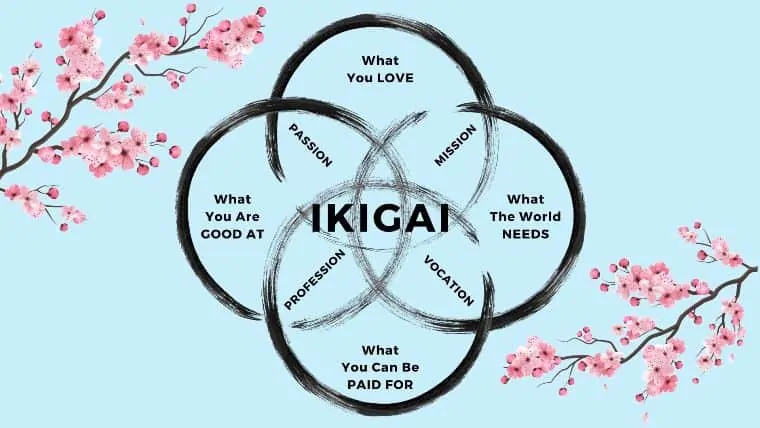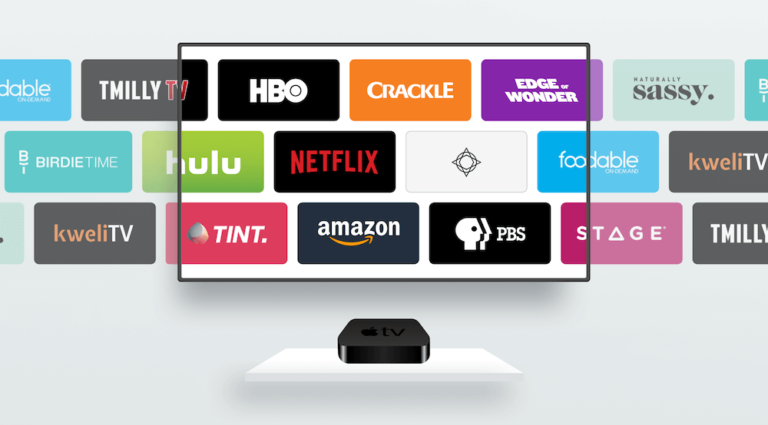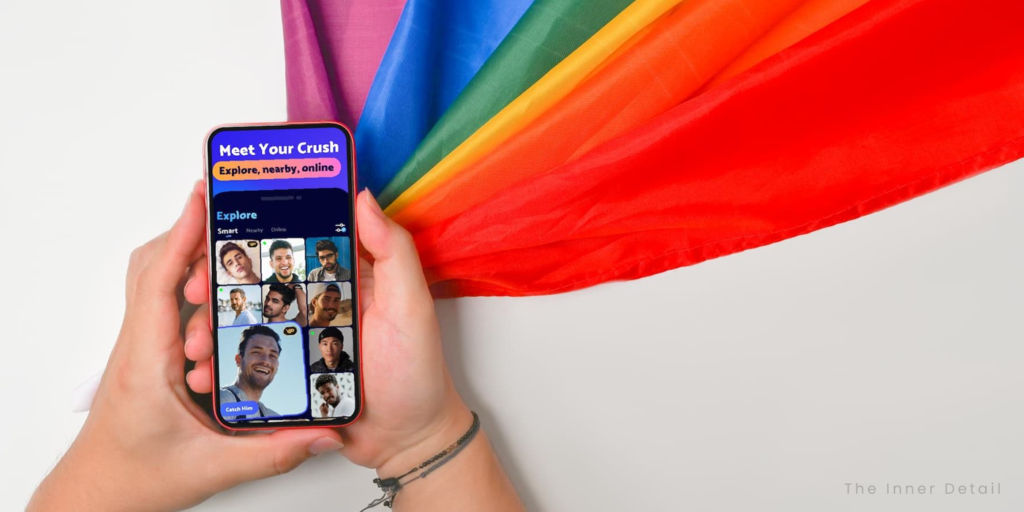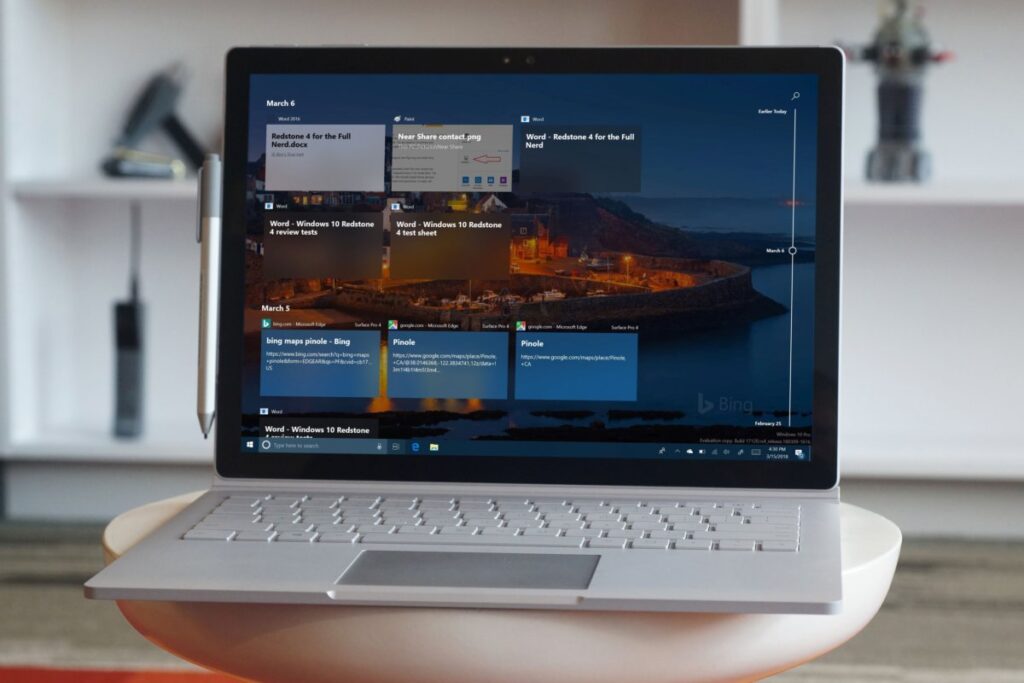A recent study on smartphone addiction in humans disclosed that people with excessive smartphone usage have lower cognitive abilities and self-control and show worse psychological well-being.
Smartphones are 21st generation’s colossal advantage because of its various useful features in easing the day-to-day life. Ever since the first Apple iPhone was introduced by Steve Jobs in 2007, the smartphone adaptation has been seeing significant growth and it had not yet stopped. Over 6.6 bn people out of 8 bn in the world use a smartphone to communicate, surf the web or just play video games.
The problem starts when people started to overuse the handsets which indirectly affects the thinking, self-control and wellness of a person, the new research briefed.
The study conducted by Rosa Angela Fabio, professor in University of Messina mainly focusses on investigating the relationship between smartphone usage and behavioral and cognitive self-control deficits in humans.
Why Smartphone addiction is a Problem?

The excessive use of smartphone, also called ‘nomophobia’ has proven to be a form of technological addiction that is rapidly becoming a major social problem around the world. As it is an addiction – a pleasure-inducing behavior that through repeated exposure gradually leads to loss of control and further negative consequences in wellbeing, nomophobia conflicts a person in various ways.
For example, usage of smartphones before the sleep-time in the bedroom leads to futile sleep and indeed affects the sleep-schedule. Prolonged smartphones usage also has negative effects on procrastination, making people to create postponing behavior. A systematic review states that young, female and highly educated are more prone to problematic smartphone use (PSU).
Let’s skim through the vital elements of how excessive usage of smartphone decays the brain’s ability, as cited in the study.
The study of Smartphone Addiction & its Effects
Professors undertaking the study called for 111 participants (65 women and 46 Men) with age of people ranging from 18 – 65 through Facebook, WhatsApp and Instagram ads. They then formed into two groups – one with low levels of smartphone usage and another with high levels of smartphone usage. And the procedure of study involved three phases – a pre-test (7 days), an experimental (3 days) and a post-test phase (7days).
The idea insisted all the members to download and install an application, specifically developed for this study, on their smartphone called ‘SocialStats’ which tracks the exact usage of smartphone along with each and every app usage in real-time. The pre-test phase involved 7 days of casual using of their smartphones without any restriction. After the end of 7th day, they were segregated into the two groups – low and high levels of smartphone usage.
Then followed the experimental-phase having 3 days, wherein both the group members are asked to restrict the usage of smartphone to only 1hour / day.
And in the third post-test phase, members were again left to use the smartphones as they like, but their time of use was measured via the app. SocialStats app was leveraged throughout the study in all phases.
Results of the Study
The report expressed the expected results that participants with high levels of smartphone addiction had no compliance of self-control while low level of smartphone users showed compliance of self-control. During the experimental phase of the study, when the participants are asked to restrict the smartphone-usage to only 1 hour / day, group of low-level smartphone users more-or-less complied with the rule, able to self-control to not spend more time on smartphone. However, participants with high-level of smartphone usage failed the phase by using exceedingly over 1 hours.
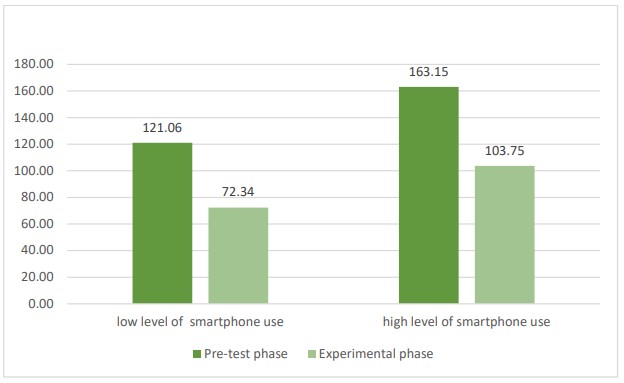
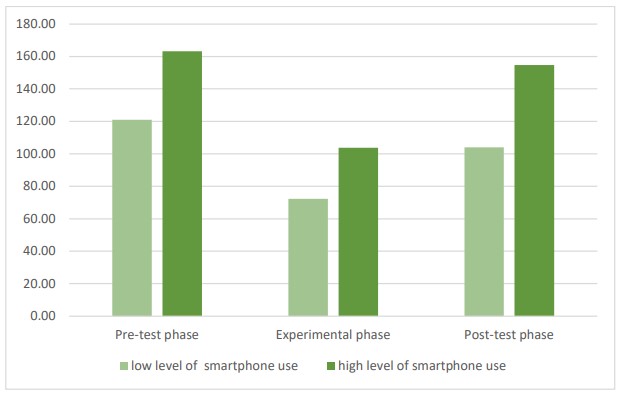
Professors also conducted series of tests including that for cognitive functions of brain in “Cognitive fun” platform and working memory, and attention.
It showed that in higher-level cognitive tests participants with low levels of smartphone usage have reaction times that are faster than participants with high levels of smartphone addiction.
Related Posts
People with low levels of smartphone use seem to display fewer procrastination behaviors and less fear of being excluded from the online flow of information. In addition, these people have a better perception of their general well-being and quality of life, whereas individuals with high levels of smartphone addiction not only have a worse perception of their own well-being and quality of life, but also show greater procrastination behaviors and fear of being excluded from the flow of information online.
Key Takeaways
○ Smartphone addiction leads to poor self-control and no compliance to an assigned task.
○ Over usage of smartphones adversely affects the reaction times of brains– meaning brain needs extra time to think and process – Lower Cognitive Ability.
○ Low-level of smartphone users rarely possess procrastinating behavior and less FOMO (Fear of Missing Out – a social anxiety, that causes a person to be afraid that others having more rewarding experience without him / her. The fear of ‘being left out’ or the fear of ‘being cut off’).
○ Less Smartphone usage linked with better perception of their general well-being and quality of life. People worry less about their living, if they reduce the usage of smartphones, thereby lead a sound life.
“In our study, participants with high levels of smartphone use not only had a worse perception of their own well-being, but also showed greater procrastination behaviors and fear of being excluded from the flow of information online. These factors may determine vulnerability to intermittent reinforcement principles at a higher level. Smartphones, indeed reward us on an intermittent, unpredictable level with funny messages via WhatsApp or e-mails, leading to a robust smartphone usage pattern”, the author says.
What you think of this? How many hours do you use smartphone in a day?
You can too take the cognitive-test used in the study by heading here. (Use Google Translate to translate the page from ‘Italian’ to ‘English’).
(For more such interesting technology and innovative detailing, keep reading The Inner Detail).
